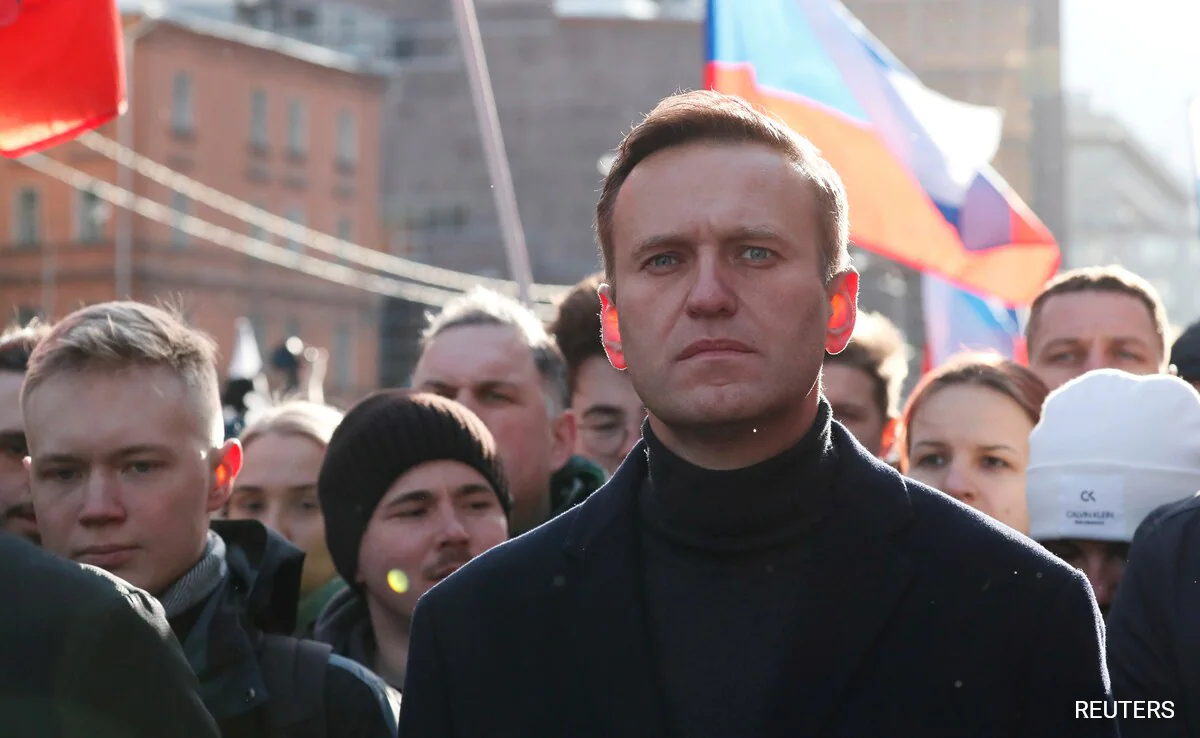The recent and mysterious death of Kremlin critic Alexei Navalny has reignited scrutiny into the unsolved and sinister fates of other adversaries of Russian President Vladimir Putin. Across the years, numerous critics of Putin have met violent and often unexplained deaths, raising concerns about the safety and freedom of dissent in Russia.
Navalny’s demise, reported by Russian prison officials, comes amidst allegations of murder from his family and close allies. Navalny, a vocal critic of Putin, faced a 19-year prison sentence on charges of extremism before his banishment to an Arctic Circle prison. Reports suggest that Navalny endured harsh conditions in confinement, including spells in punishment cells, exposure to the elements, and malnourishment.
The list of Putin’s opponents who have met grim fates is extensive and includes figures like Alexander Litvinenko, a former FSB security officer poisoned with polonium-210 in London in 2006. Litvinenko’s death, attributed to his outspoken criticism of Putin and the FSB, highlighted the shadowy methods employed against dissenters.
Another notable case is Sergei Skripal, a former Russian military intelligence officer poisoned with a nerve agent in the UK in 2018. Skripal’s involvement as a double agent for the UK drew the ire of Russian authorities, leading to a brazen assassination attempt that nearly claimed his life.
Yevgeny Prigozhin, former head of the Wagner Group, met his demise in a plane crash under suspicious circumstances last year. Prigozhin’s reported falling out with Putin preceded the tragic incident, raising questions about the nature of his demise and the motives behind it.
The deaths of Boris Nemstov, Anna Politkovskaya, and Boris Berezovsky further underscore the dangers faced by those critical of Putin’s regime. Nemstov, a former opposition leader, was gunned down in Moscow in 2015, while Politkovskaya, a prominent journalist, was shot dead in 2006 for her unflinching reporting on Putin’s government and the Chechen conflict. Berezovsky, once a Kremlin insider turned vocal critic, was found dead under mysterious circumstances in 2013.
These incidents, marked by violence, intrigue, and impunity, cast a dark shadow over Russia’s political landscape. The unresolved deaths of Putin’s critics serve as a chilling reminder of the perils faced by those who dare to challenge the Kremlin’s authority, raising questions about the rule of law and freedom of expression in contemporary Russia. As Navalny’s death adds another layer of uncertainty, the quest for justice and accountability in these cases remains elusive, leaving behind a trail of unanswered questions and lingering suspicions.
